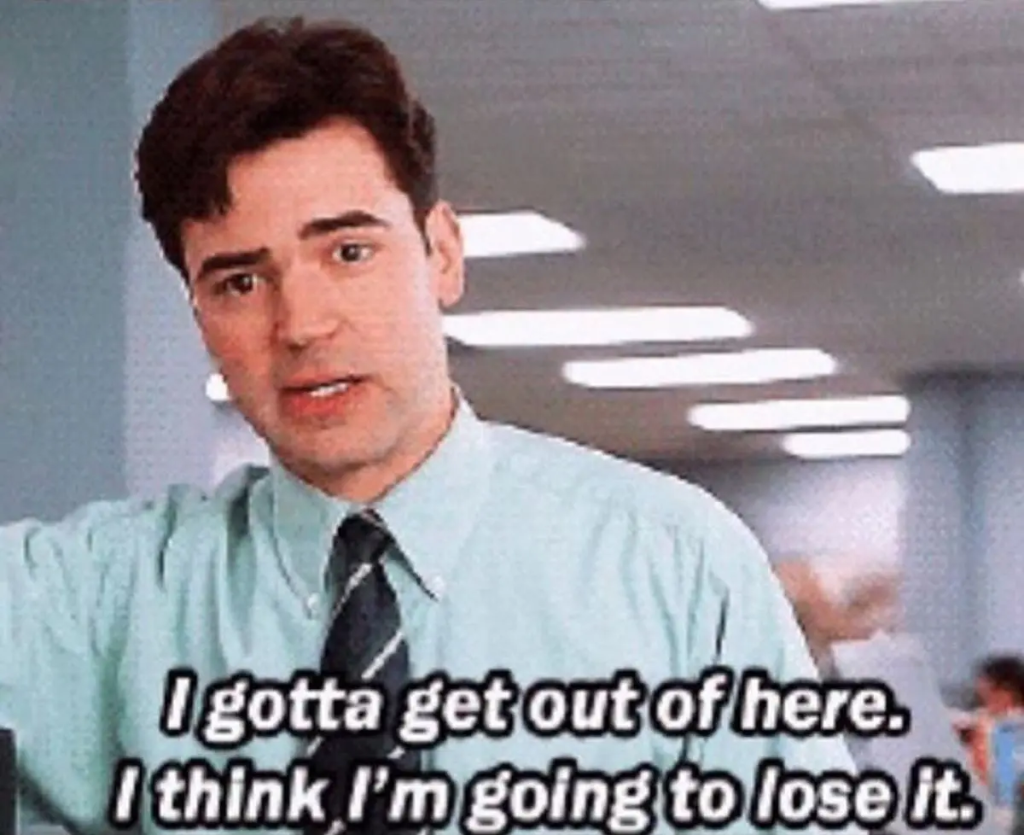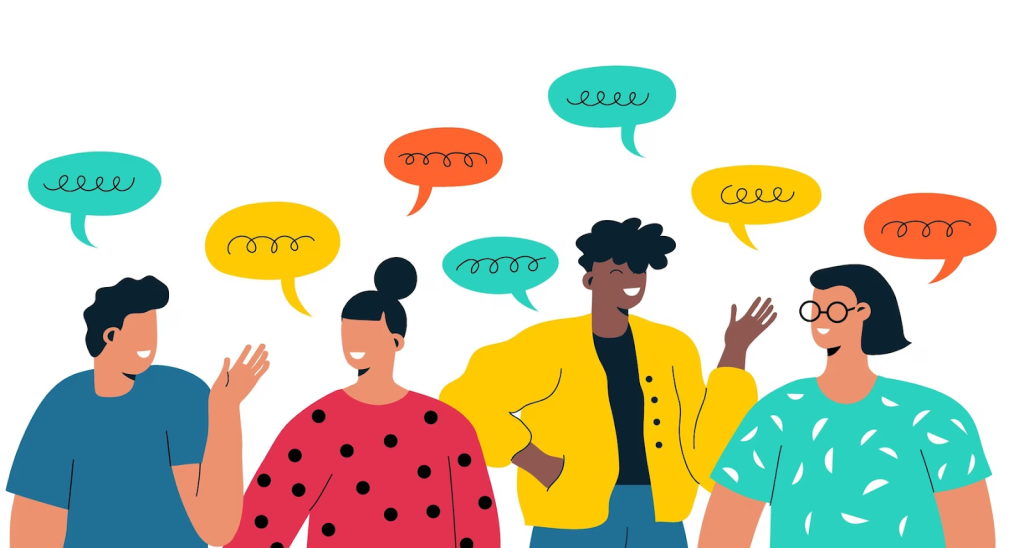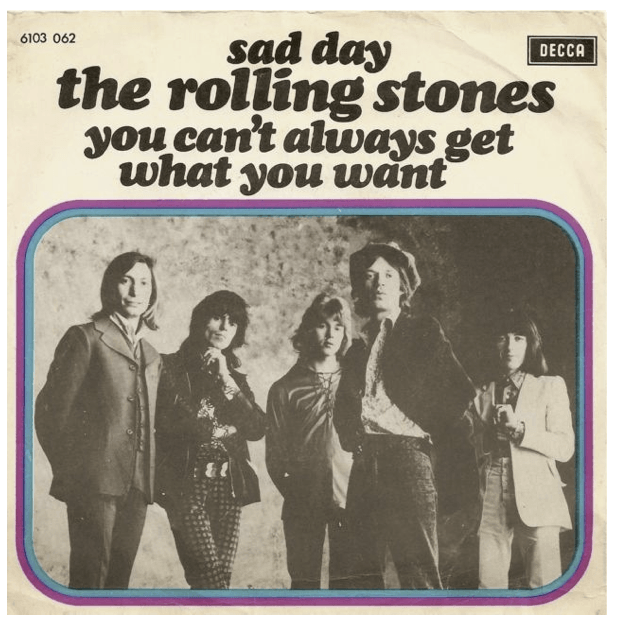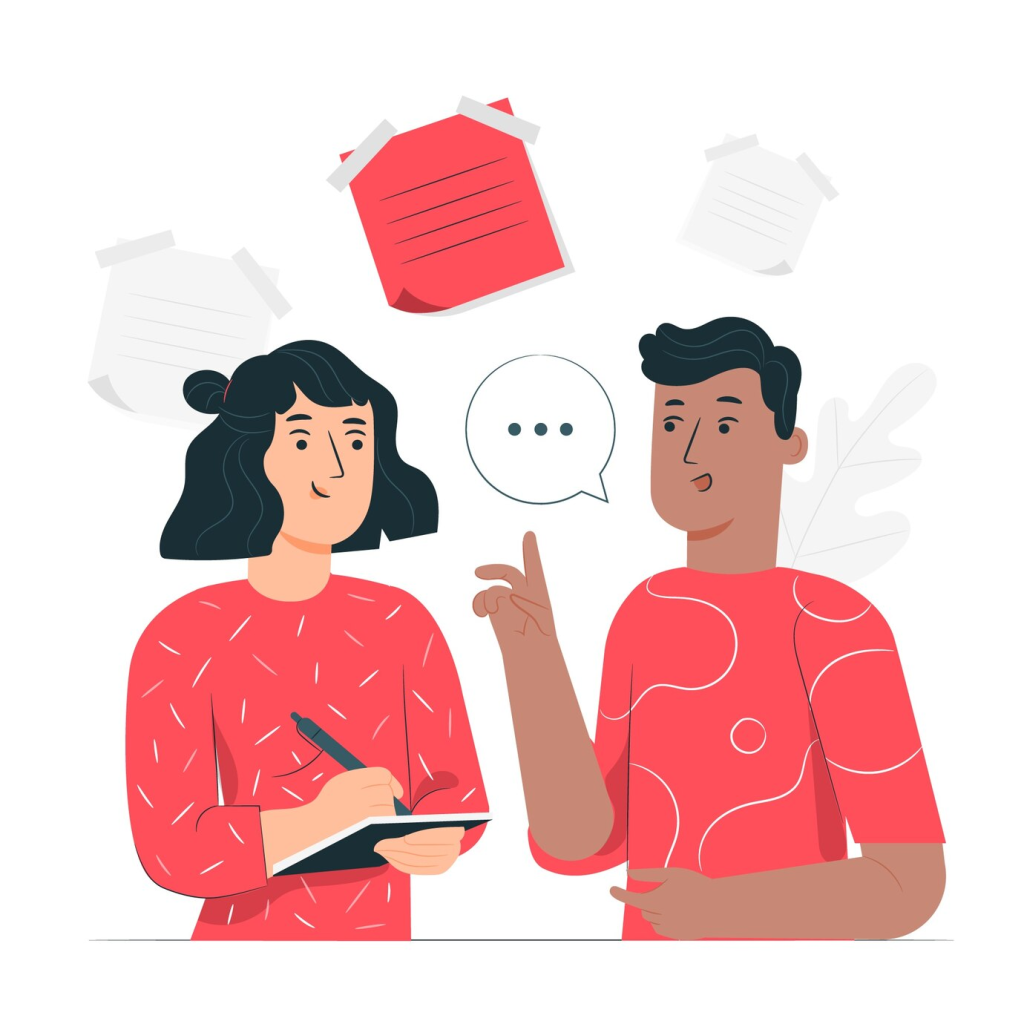Today, we’ll explore colloquial language – the palette that can transform your writing from mundane to masterful. Whether you’re writing dialogue for a funny friend or a serious detective, knowing informal expressions is important.
Join us on this journey as we uncover colloquial language examples for writers, equipping you with the tools to make your characters, and your writing, truly unforgettable.
Table of Contents
What Is Colloquial Language?
Colloquial language is informal, everyday language that people use in casual conversations rather than in formal or official settings. It’s the type of language you might use with friends, family, text messages, or in relaxed social situations. Colloquial expressions often include slang, regional dialects, and phrases specific to certain groups or communities.
Unlike formal language, which is used in academic writing, presentations, or professional settings and follows strict grammatical rules, colloquial language is more flexible and may not adhere to standard grammar and vocabulary.

Here are some key characteristics of colloquial language:
- Informal and relaxed: It uses contractions (“don’t” instead of “do not”), slang (“awesome” instead of “great”), and abbreviations (“gonna” instead of “going to”).
- Contracted grammar: Sentence structure can be simpler, with less complex clauses and fewer formal conjunctions.
- Direct and personal: It often uses personal pronouns and addresses the listener directly.
- Figurative language: Colloquial language can be rich in idioms, metaphors, and similes, making it more expressive and colorful.
- Regional variations: Colloquialisms can vary depending on your region or social group. Words and phrases used in one place might be unfamiliar or even awkward in another.
Related:
- Examples of Narrative Techniques
- Example of Argumentative Writing Techniques
- Listing Technique in Writing Examples
71 Colloquial Language Examples

Colloquial Language Examples in Everyday Speech
Here are 30 colloquial language examples commonly used in everyday speech:
- Gonna (going to)
- Wanna (want to)
- Gotta (got to)
- Kinda (kind of)
- Sorta (sort of)
- Lemme (let me)
- Ain’t (am not/is not/are not)
- Y’all (you all)
- Dunno (don’t know)
- gonna (going to)
- wanna (want to)
- gonna (going to)
- gonna (going to)
- kinda (kind of)
- gonna (going to)
- gotta (got to)
- lemme (let me)
- y’all (you all)
- dunno (don’t know)
- gotta (got to)
- gonna (going to)
- wanna (want to)
- kinda (kind of)
- gonna (going to)
- gotta (got to)
- lemme (let me)
- y’all (you all)
- dunno (don’t know)
- gonna (going to)
- gonna (going to)
Colloquial Language Examples in Literature
Colloquial language is often used in literature to capture the authentic voice of characters and convey a sense of realism. Here are 20 colloquial language examples from literature:
- “Ain’t no sunshine when she’s gone.” – Bill Withers, song lyrics
- “Ya know, I reckon we’re in a bit of a pickle.” – Mark Twain, “The Adventures of Huckleberry Finn“
- “I dunno, it just feels kinda weird, ya know?” – J.D. Salinger, “The Catcher in the Rye”
- “I wanna be where the people are.” – “The Little Mermaid,” lyrics
- “Gimme a break! I can’t believe this is happenin’.” – J.K. Rowling, “Harry Potter and the Sorcerer’s Stone”
- “Lemme tell ya, life’s a rollercoaster.” – Mitch Albom, “Tuesdays with Morrie“
- “You gotta roll with the punches, my friend.” – Margaret Atwood, “The Handmaid’s Tale”
- “She’s kinda like a breath of fresh air in this dull town.” – Harper Lee, “To Kill a Mockingbird”
- “I reckon we’re in for a storm, Captain.” – Herman Melville, “Moby-Dick”
- “Ain’t nobody got time for that!” – Internet meme turned expression
- “I’m fixin’ to head out. Catch ya later.” – Contemporary slang
- “What’s the big deal? It’s just a drop in the bucket.” – Kurt Vonnegut, “Slaughterhouse-Five“
- “You can’t always get what you want.” – The Rolling Stones, song lyrics

- “I’m gonna make him an offer he can’t refuse.” – Mario Puzo, “The Godfather”
- “I was so scared, I thought I was a goner.” – Ernest Hemingway, “A Farewell to Arms”
- “I ain’t got no time for fools.” – Maya Angelou, “I Know Why the Caged Bird Sings”
- “Whatcha talkin’ ’bout, Willis?” – Popularized by “Diff’rent Strokes”
- “That’s just the way the cookie crumbles.” – Traditional saying, often used colloquially
- “This place is like, totally gnarly, dude!” – Modern slang
- “Let’s skedaddle before things get hairy.” – Classic colloquialism, often used in Western literature
- “Well, butter my biscuit!” – An expression often used for surprise or amazement.
- “I’d give my right arm for a slice of pie right now.” – An exaggeration to convey a strong desire for something.
- “Quit beatin’ around the bush and spill the beans!” – A direct request to stop avoiding the main topic and share the information.
- “She’s as cool as a cucumber, even under pressure.” – A simile expressing someone’s calm demeanor.
- “You’re barking up the wrong tree, pal.” – Informing someone they are pursuing a mistaken or misguided course of action.
- “I’m feeling under the weather today.” – A euphemism for feeling unwell or sick.
- “Let’s hit the hay; it’s been a long day.” – An informal way of saying it’s time to go to bed.
- “He’s got a few screws loose.” – Describing someone as eccentric or a bit crazy.
- “Don’t count your chickens before they hatch.” – A cautionary idiom advising against assuming success before it happens.
Colloquial Language Examples in a Sentence
Here are colloquial language examples commonly used in sentences:
- “I ain’t gonna make it to the party tonight; gotta work late.”
- “Let’s grab a bite to eat, I’m starving!”
- “She’s got a heart of gold, always helpin’ out others.”
- “I reckon we’ll have to wait a while for the bus.”
- “Don’t worry, I’ll catch ya later at the coffee shop.”
- “I’m fixin’ to hit the gym after work; wanna join me?”
- “This new job is a piece of cake compared to my old one.”
- “Let’s mosey on down to the beach and catch some rays.”
- “Quit yappin’ and show me what you’re talkin’ about.”
- “I’m all ears – spill the beans about what happened yesterday.”
- “She’s as busy as a bee, always juggling multiple projects.”
- “Don’t be such a worrywart; everything will work out fine.”

Conclusion
These 71 colloquial language examples add a touch of familiarity and authenticity to our everyday conversations and writing. Whether you’re a storyteller making characters seem real or just talking with friends, knowing these casual words helps us connect in a more down-to-earth way. So, by getting the hang of colloquial language, we make our conversations and stories more real and relatable.
Ref: Smart Blogger | My Assignment Help


